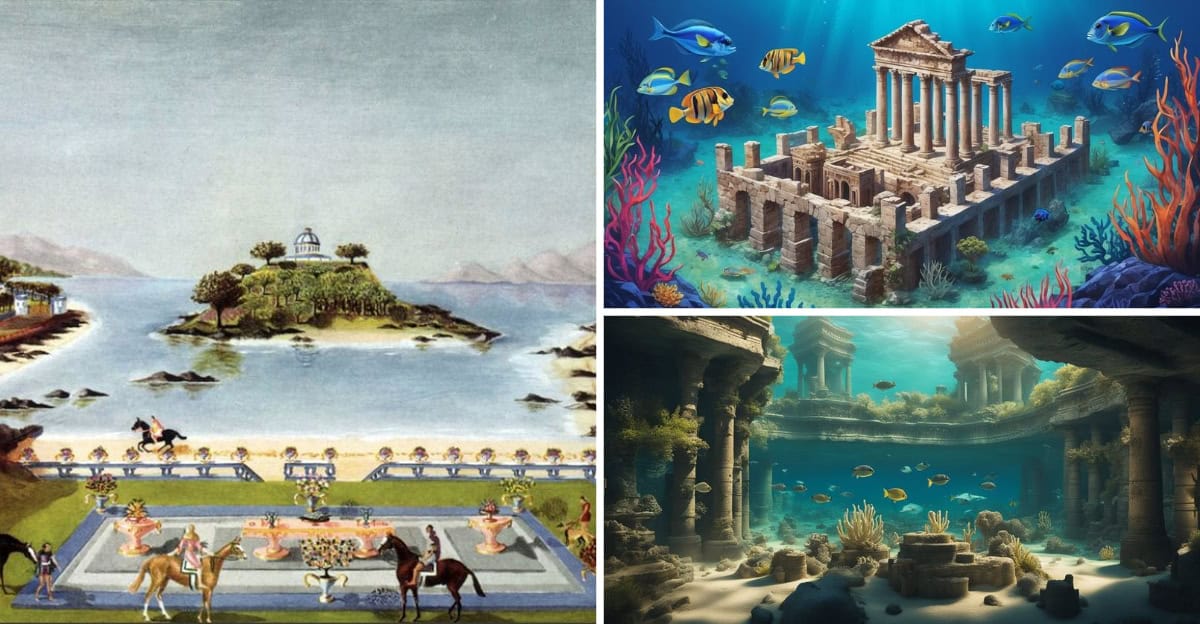The tale of Atlantis, a legendary island first mentioned by the ancient philosopher Plato, continues to capture the imagination of historians, archaeologists, and dreamers alike.
This mythical civilization, said to have sunk into the ocean “in a single day and night of misfortune,” sparks endless curiosity and debate.
Here, we explore 12 fascinating facts that keep this legend alive, delving into intriguing theories, historical connections, and mysterious clues that fuel the quest for Atlantis.
1. Plato’s Original Account

Plato’s account of Atlantis is the cornerstone of the legend. In his works “Timaeus” and “Critias,” he describes a utopian society with advanced technology and unparalleled wealth.
Plato’s depictions are vivid, yet they leave room for interpretation. Scholars debate whether his story was a metaphor for human hubris or a historical record.
The search for Atlantis begins with Plato, whose writings continue to inspire explorations, offering a tantalizing glimpse into what might have been a real civilization.
2. The Minoan Connection
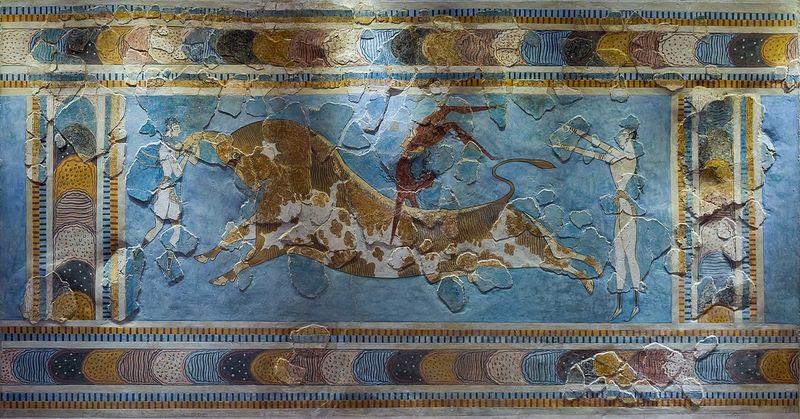
Some researchers connect Atlantis to the Minoan civilization, which flourished on Crete around 1600 BCE.
The Minoans were advanced, with complex architecture and vibrant art. A catastrophic volcanic eruption on nearby Thera might have led to their sudden decline.
This theory aligns with Plato’s timeline and description of a powerful island empire. The Minoans’ mysterious disappearance fuels speculation that they were the real-life Atlantis, lost to the sea and time.
3. Rich Natural Resources
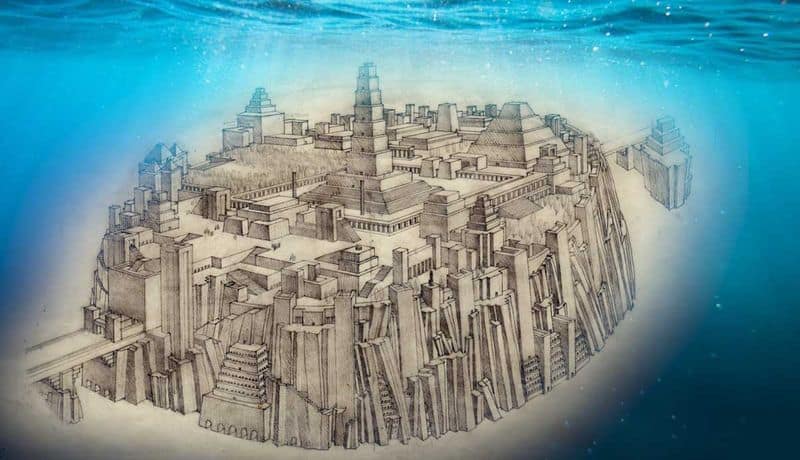
Atlantis was said to be rich in natural resources, boasting fertile plains and abundant minerals. Plato described its mountains, rivers, and bountiful fields.
These riches made Atlanteans prosperous, allowing them to build majestic temples and palaces. Some believe this abundance led to their downfall, as greed and excess corrupted their society.
The idea of a lost paradise with untapped resources continues to captivate treasure hunters and dreamers alike.
4. The Bimini Road
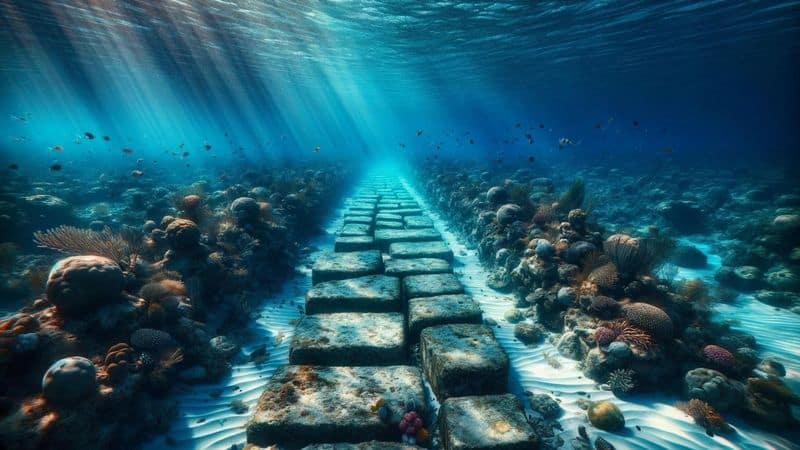
The Bimini Road, an underwater formation near the Bahamas, adds intrigue to the Atlantis legend. Discovered in 1968, these stones appear to form a road, sparking theories of an ancient civilization.
Skeptics argue it’s a natural formation, but believers see it as evidence of Atlantis.
The mystery of the Bimini Road beckons divers and researchers, each hoping to unlock secrets hidden beneath the waves. Could this lead to Atlantis?
5. Crustal Displacement Theory
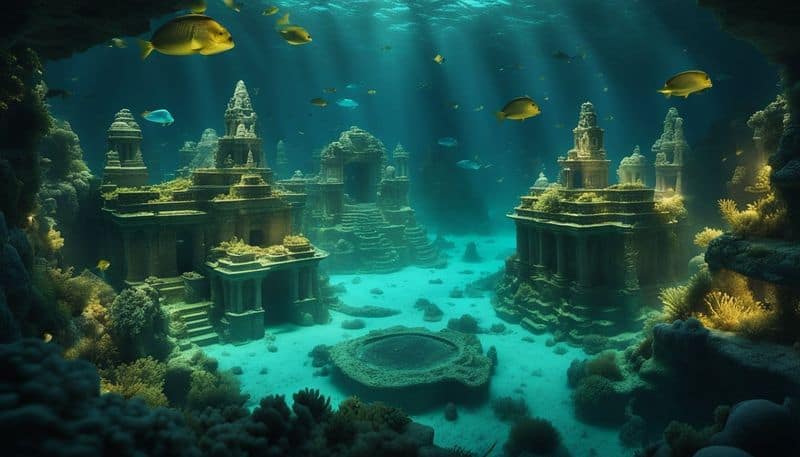
The crustal displacement theory suggests that Atlantis could have been displaced by massive tectonic shifts.
This theory, proposed by Charles Hapgood, posits that entire landmasses shifted positions, putting Atlantis underwater.
While controversial, it aligns with Plato’s description of sudden destruction.
This idea fascinates those who ponder Earth’s geological past, offering a dramatic explanation for the disappearance of a legendary land. Could Atlantis be hidden beneath vast oceanic plates?
6. Atlantis in Popular Culture
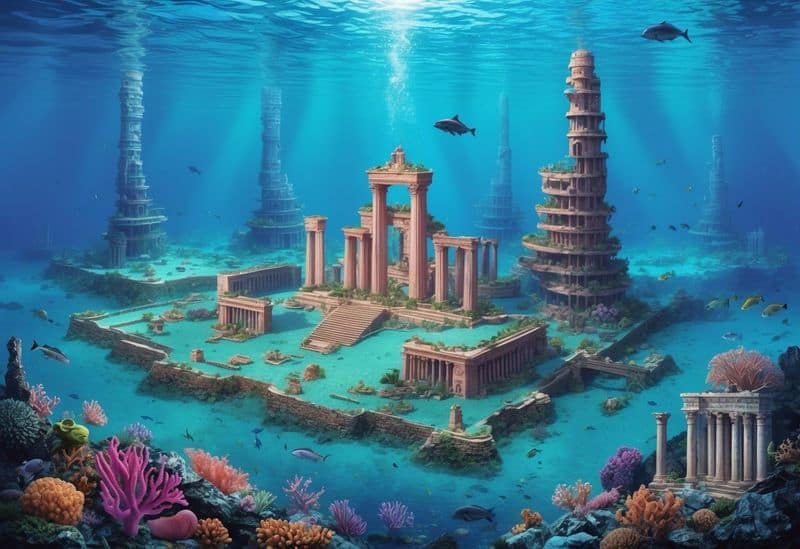
Atlantis has captured the imagination of filmmakers, writers, and artists for generations.
From Disney’s “Atlantis: The Lost Empire” to countless novels and documentaries, the myth continues to thrive in popular culture.
These creative works explore different facets of the legend, portraying Atlantis as a technological marvel or a cautionary tale.
The enduring allure of Atlantis in media keeps the story alive, inviting new generations to explore its mysteries and possibilities.
7. Sonar and Satellite Searches
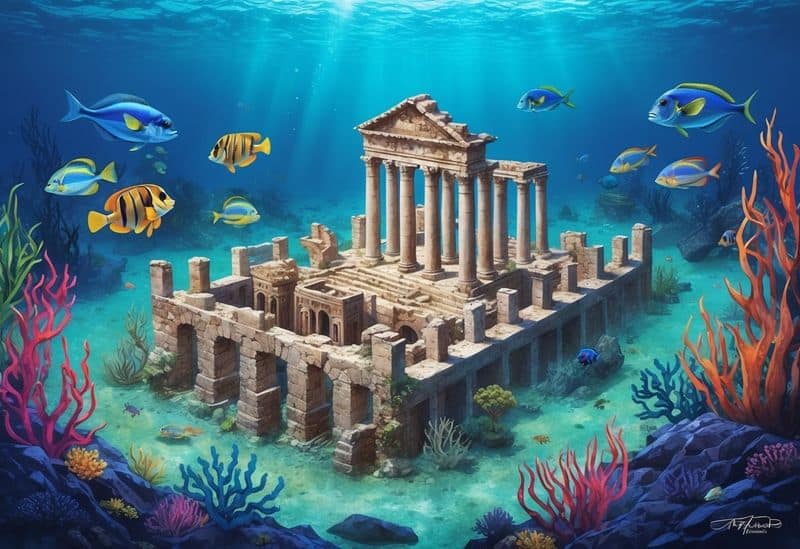
Modern technology has transformed the search for Atlantis. Sonar and satellite imagery enable researchers to map the ocean floor with precision, revealing hidden landscapes.
These tools have uncovered potential sites, sparking renewed interest in the quest. While definitive proof remains elusive, technological advancements bring us closer to solving the mystery.
The blend of ancient legend and cutting-edge science adds a new dimension to the search for this lost world.
8. The Pillars of Hercules
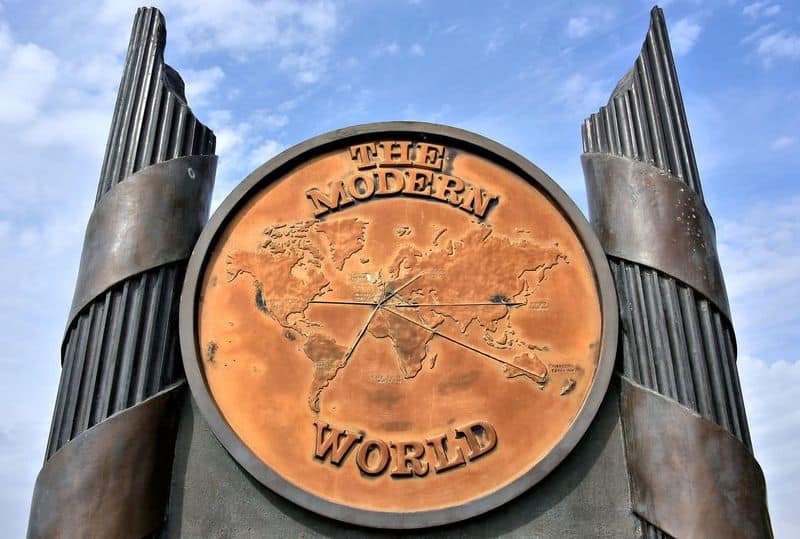
Plato mentioned the Pillars of Hercules as a landmark near Atlantis. Many believe this refers to the Strait of Gibraltar, where the Atlantic Ocean meets the Mediterranean Sea.
This location fits Plato’s description of Atlantis being “beyond the pillars,” leading to speculation that the lost city could be nearby. Explorers have scoured this region, searching for traces of Atlantis.
The pillars continue to serve as a symbolic gateway to the unknown.
9. Skeptics and Believers
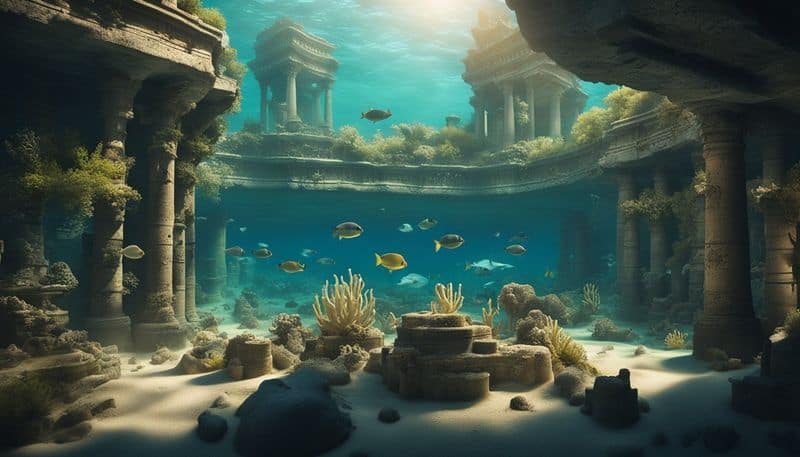
The debate over Atlantis is a clash between skeptics and believers. Critics argue that Plato’s story is purely fictional, a philosophical allegory. Yet, believers are convinced of its reality, citing geological and historical clues.
This ongoing discourse fuels interest, as both sides present compelling arguments. The mystery endures, inviting lively discussions and diverse interpretations.
Whether myth or history, the legend of Atlantis persists, challenging us to explore the boundaries of knowledge.
10. Antarctica as Atlantis
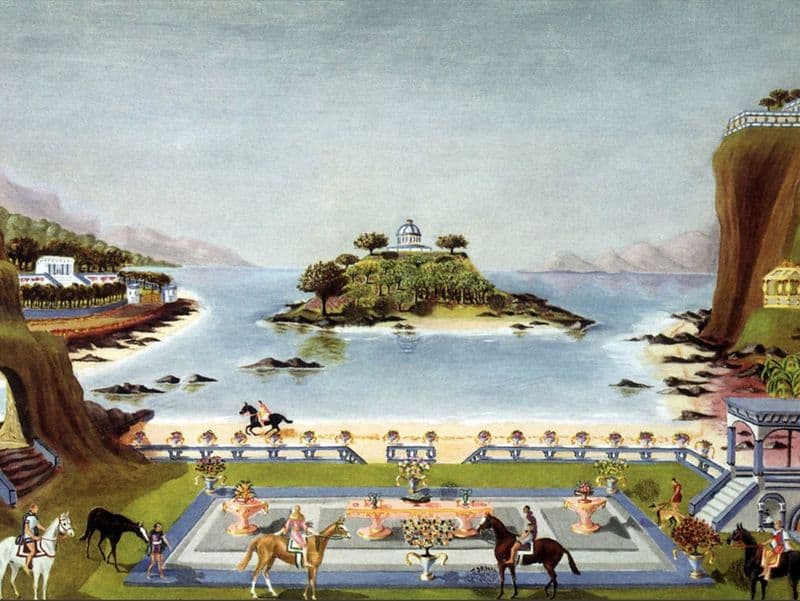
Some theorists propose that Atlantis lies beneath Antarctica’s icy expanse. This idea suggests that Antarctica was once a temperate continent, home to an advanced civilization.
Climate changes and crustal shifts supposedly buried it under ice. While lacking mainstream support, this theory intrigues those who imagine a hidden past beneath the ice.
The enigmatic allure of Antarctica as Atlantis invites explorers to ponder what secrets might lie frozen and forgotten.
11. Historical Echoes
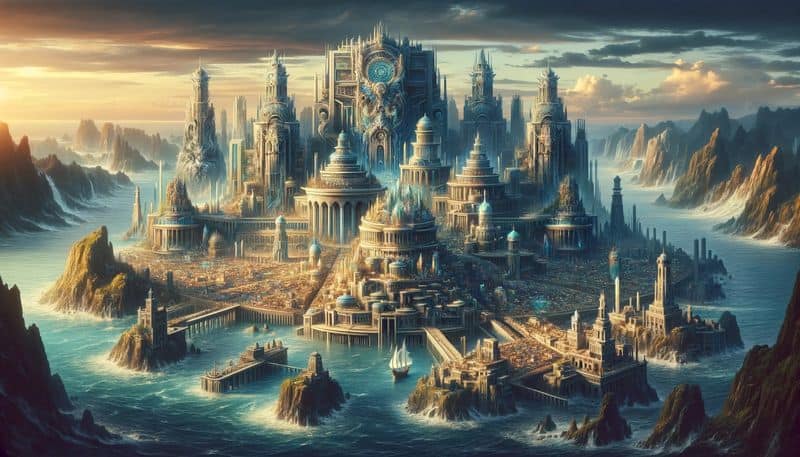
Atlantis echoes in the ruins of other lost civilizations, like Machu Picchu and Angkor Wat. These sites, once thriving, now stand as silent witnesses to human ambition and downfall.
They remind us of the fragile balance between nature and civilization, a theme central to the Atlantis story. Exploring these parallels offers insights into our own world, encouraging us to learn from the past.
Atlantis serves as both a warning and an inspiration.
12. The Enduring Mystery
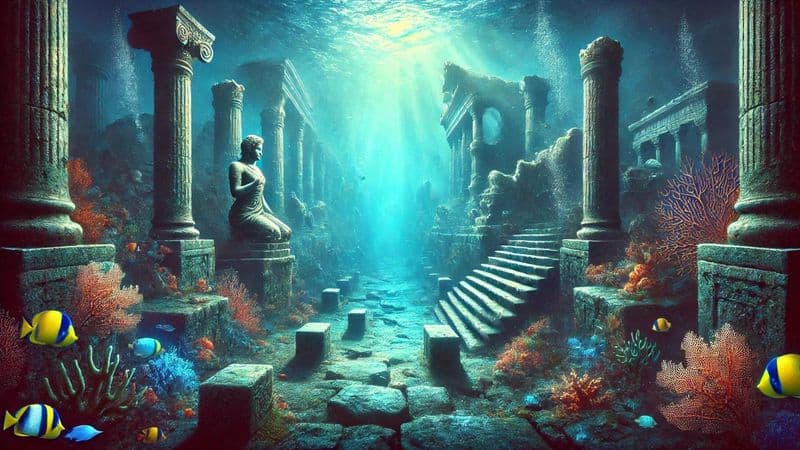
The mystery of Atlantis endures, an enigma that captivates both scientific inquiry and the imagination. Despite countless expeditions and theories, the truth remains elusive.
Perhaps Atlantis is not a place to be found, but a symbol of eternal curiosity and exploration. The legend inspires us to look beyond the horizon, to seek the unknown and embrace the wonders of discovery.
Atlantis, real or imagined, continues to beckon adventurers and dreamers alike.

